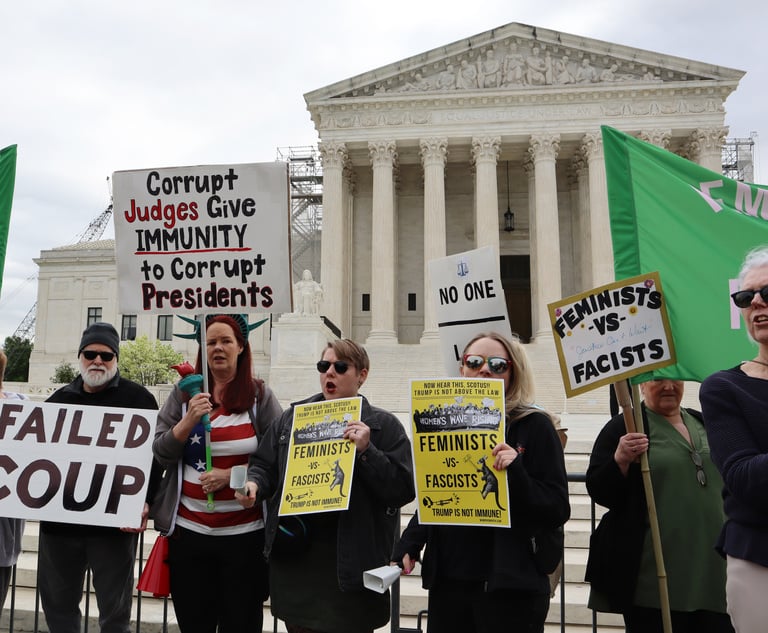Sunday marks the 50th anniversary of North Carolina v. Pearce, 395 U.S. 711 (1969), a Warren Court landmark decided on June 23, 1969, Earl Warren’s last day as Chief Justice.
To appreciate Pearce’s significance, it is helpful to begin with the case of Sam Williams, an indigent defendant convicted of larceny in North Carolina in 1963 and sentenced to two years in prison. Williams did not have counsel at his trial. After the Supreme Court’s decision in Gideon, he sought and obtained a new trial. That proved to be a mistake. He was convicted again, and this time was sentenced to the maximum term of 10 years. He was also denied credit for time served and for the “good time” that he had earned. His first sentence was deemed “wiped out.” And because it was “void,” he had “served no sentence but ha[d] merely spent time in the penitentiary.” State v. Williams, 261 N.C. 172 (1964) (Williams’ case is discussed in Van Alstyne, “In Gideon’s Wake,” 74 Yale L.J. 606 (1965)). Or so it was said.


 Paul Shechtman
Paul Shechtman




